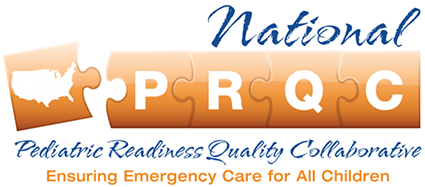Save the Dates!
EMSC Town Hall calls are held every three months from 3:00 pm to 4:30pm eastern time on the second Wednesday of the month. The next call is on August 12, 2020. Join here: https://hrsa.connectsolutions.com/emsc_town_hall/Please check with all these organizations …
Read More..









